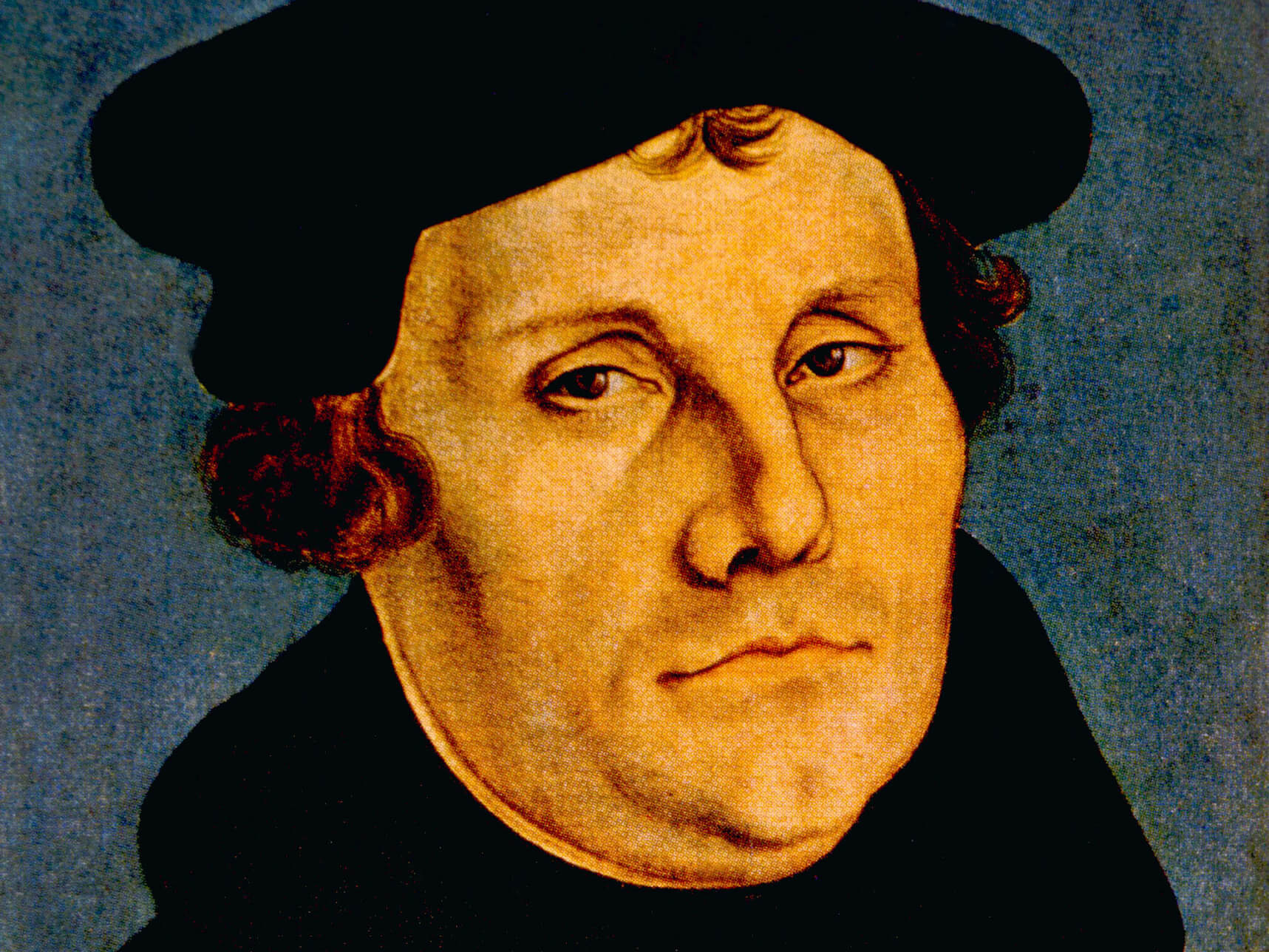Commemoration of the 500th anniversary of the beginning of the Protestant Reformation has involved gatherings of Christians in many places around the world, but especially in Wittenberg, Germany. It was there in 1517 that Martin Luther, an Augustinian monk, submitted a list of 95 theses protesting certain practices of the Roman Catholic Church that he viewed as corrupt and unbiblical. Legend has it that he nailed the theses (positions to be advanced by argument) to the door of the Wittenberg Castle Church. The impact of Luther’s action was profound. Because Pope Leo X rejected Luther’s protests, and because Luther famously would not recant them, a division resulted in the western Christian church.
The effects of this split reverberate still, half a millennium later. The Christian church had already suffered divisions long before 1517, notably between Jewish and Gentile believers in the 300s and between East and West in the 1000s. And other breaks would follow, such as the persecution of Anabaptists by both Protestants and Catholics. However, it is significant that the 500th anniversary was marked more by efforts at reconciliation and unity than by a celebration of protest and difference. A joint statement by the Vatican and the Lutheran World Federation reads: “We begged forgiveness for our failures and for the ways in which Christians have wounded the Body of the Lord and offended each other during the 500 years since the beginning of the Reformation until today.”
Martin Luther certainly accomplished much. His translation of the Christian Bible into the German language basically created a unified tongue for the German people and spurred literacy. His many books and sermons taught principles of Christian living to generations. But Luther often gets credit for more than he actually achieved; for example, others’ efforts at reforming the church predated his, by as much as a century. And the rise of modern nation-states, the development of capitalism, the formation of the individual religious conscience, the advancement of the scientific revolution—all of which have been attributed to Luther’s legacy—each had complex historical roots. But this larger-than-life figure deservedly ranks among the most important in world history.
Image credit: © Everett Historical/Shutterstock
Related links
- 500 Years of the Reformation
Tapestry of stories about Luther and the Reformation—from DW, “Germany’s international broadcaster.”
Source: Deutsche Welle; accessed November 28, 2017 - The Reformation, 500 Years Later
Overview of the history of interchurch reconciliation, including how Vatican II (1962) brought official recognition to the Catholic Church of Luther’s contributions.
Source: NPR, October 27, 2017 - Reformation: Four Things about the 500th Anniversary Celebrations
Summary of focal points regarding the anniversary—including protests of Luther’s anti-Semitism.
Source: BBC, October 31, 2017 - Catholics and Lutherans Mark 500th Anniversary of Reformation
Roman Catholic Church account of the joint efforts of Catholics and Protestants to commemorate Luther and move toward unity.
Source: Vatican News, October 31, 2017 - 500 Years after the Reformation, 5 Facts about Protestants around the World
Recent findings related to Protestant Christians’ beliefs and global distribution.
Source: Pew Research, October 27, 2017 - Wittenberg 2017
Website of an independent ministry of Christian reconciliation that held a conference in Wittenberg in November 2017.
Source: www.wittenberg2017.us; accessed November 28, 2017




